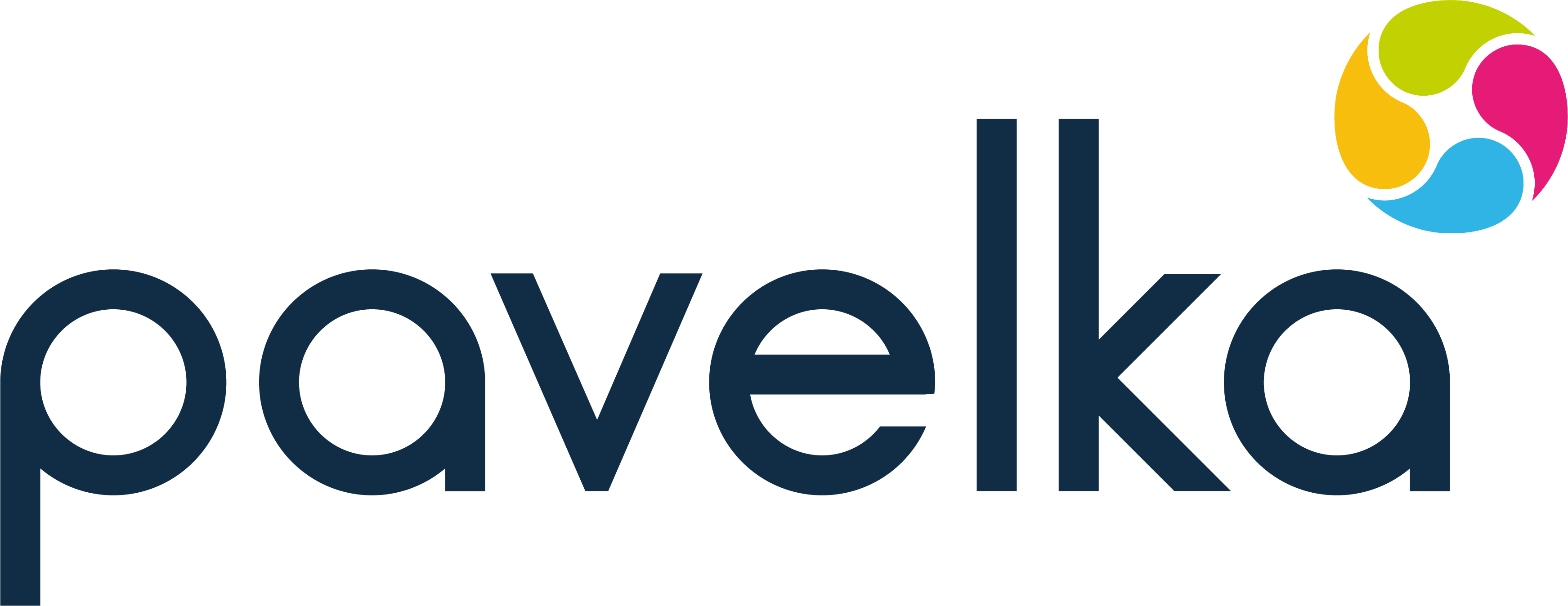
For most, uncertainty has become part of our daily experience; Will they call me back? Am I going to hit this deadline? Are my kids OK… you get the point. Now with the added fear of the Coronavirus, many have a more acute and, in some cases, crippling expression of what so many already feel. When posed with a seemingly life threatening situation, it is natural to isolate in fear. Whether internally or externally, this is where the real issues lie.
It’s completely understandable that fear spurs a trend of isolation and as we know, isolation for prolonged periods of time can cause stress, anxiety and ‘cabin fever’.
Staying at home, separating yourself from others, wearing a face mask, cleaning your hands often and avoiding physical contact – these are the CDC’s recommendations. Taking precautionary measures, many companies worldwide have requested their employees to work from home. For those not accustomed to this type of routine, these periods of work-life isolation can have serious health effects considering the recent epidemic of “workplace loneliness”.
Doubling its rate from the 1980s, over 40% of American adults today report suffering from loneliness. Furthermore, the American Psychological Association has warned that social isolation increases the risk of stroke and heart disease to the equivalent of smoking 15 cigarettes a day. These statistics show the insidious impact of disconnection and highlights the social impact of fear. You see, Humans are social creatures and, whether you believe it or not, we need social interactions to survive.
So where do we go from here? More than ever, connection is key. Taking care of one’s own well-being and finding the feeling of community among those around us.
Here are few ways to connect:
- Create experiences with the ones you love. Board games, arts and crafts, walks out in nature or even just a good spring cleaning can be a great way to have a collective experience that influences togetherness.
- Have more meaningful conversations. Ask the questions you’ve been meaning to ask –
- How are you? How are we? Such simple questions that create a window of opportunity for relationships to grow.
- Identify what gives you energy and involve it in your daily routine. Hobbies demand creativity and are a great way to connect back to the self. Feeling good on the inside can influence your desire to engage with the rest of the world.
- Look for opportunities to be of service. In fear, we are consumed by the self. Get out of fear and into service. What can you do for others even from a distance?
- At Pavelka, we create a structure for wellness based on ‘The Four Elements’ — Eat, Sweat,
- Think and Connect. The elements provide a tangible framework of how wellness can be approached, maintained and plugged-in to daily life. The guiding principle is ‘one small change’ – small actions that can lead to new behaviors that establish positive beliefs about who you are and how you feel.
Start your Pavelka journey today.
